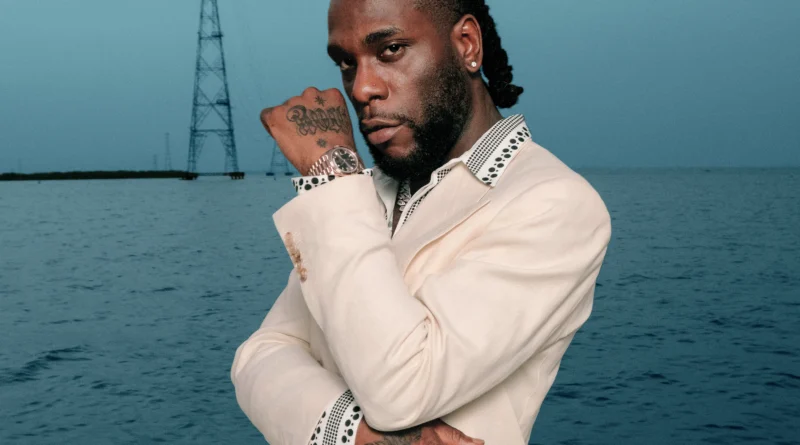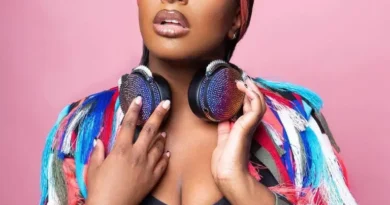Nigerian Musicians Who Made It Without Record Labels
The Nigerian music industry is one of the most competitive in the world. With thousands of aspiring artists, the path to stardom is often paved by record labels, which provide funding, promotion, management, and connections to the industry’s biggest players. However, not every success story follows this traditional route. Some Nigerian musicians have carved their own path, bypassing record label deals to create independent empires fueled by talent, strategy, and relentless hustle.
In this article, we’ll explore Nigerian musicians who made it without record labels, how they managed to rise to the top independently, and what lessons upcoming artists can learn from their journeys.
The Rise of Independence in Nigerian Music
In the early 2000s, most Nigerian artists relied heavily on record labels. Labels like Kennis Music, Mo’Hits, and Chocolate City provided financial backing, studio access, and radio promotion. Without a label, it was nearly impossible to break into mainstream success.
But things started to change with the digital revolution. Platforms like YouTube, SoundCloud, Audiomack, Apple Music, and Spotify gave independent artists direct access to fans. Social media (Twitter, Instagram, TikTok) made it easier to build a fan base without traditional gatekeepers. With the right strategy, independent artists could record, distribute, and promote their music globally, often at a fraction of the old cost.
This shift opened the door for self-made stars who bypassed label contracts and retained full creative and financial control.
1. Burna Boy — From Outsider to African Giant
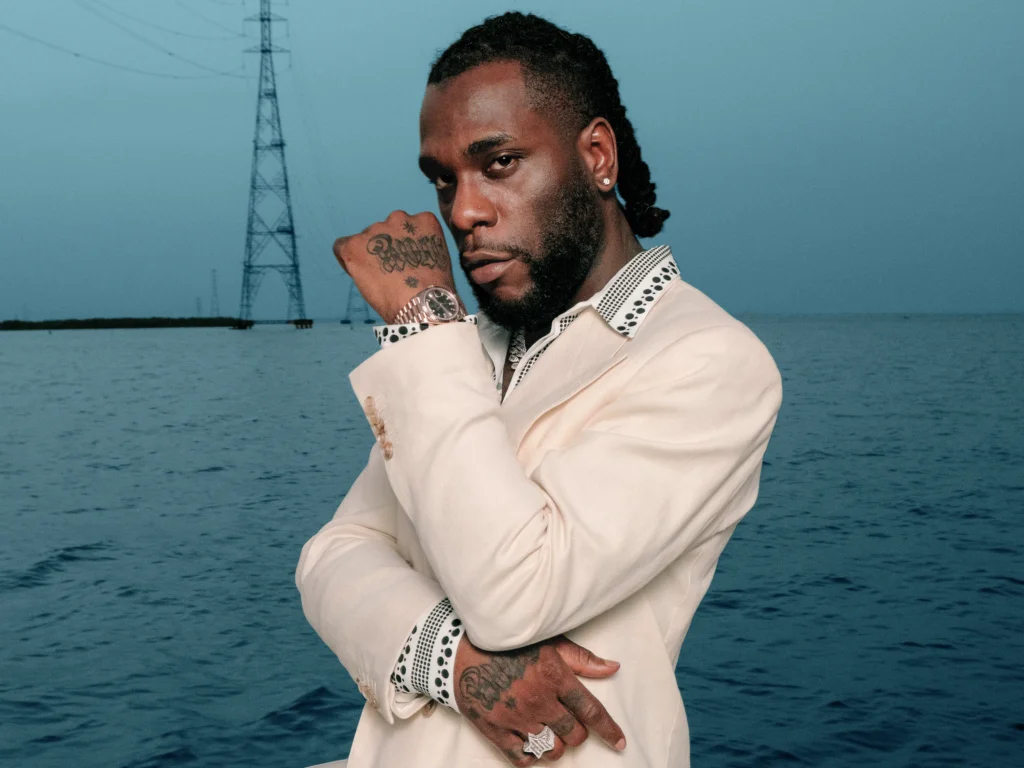
Today, Burna Boy is a Grammy-winning global superstar, but his path wasn’t straightforward. Early in his career, he signed briefly with Aristokrat Records, but much of his breakthrough came after he left and built his own structure. Burna established Spaceship Entertainment in 2015, a label-like platform that allowed him to release music independently while retaining ownership and creative freedom.
At a time when Afrobeats was booming, Burna Boy’s sound stood out — fusing Afro-fusion with reggae, dancehall, and hip-hop. Without the constraints of a label dictating what would sell, he experimented freely. The result was albums like Outside and African Giant, which positioned him as a global voice for African music.
Lesson: Building an independent structure around yourself can give you long-term control, even if you start with small collaborations or partnerships.
2. Mr Eazi — The Pioneer of Banku Music
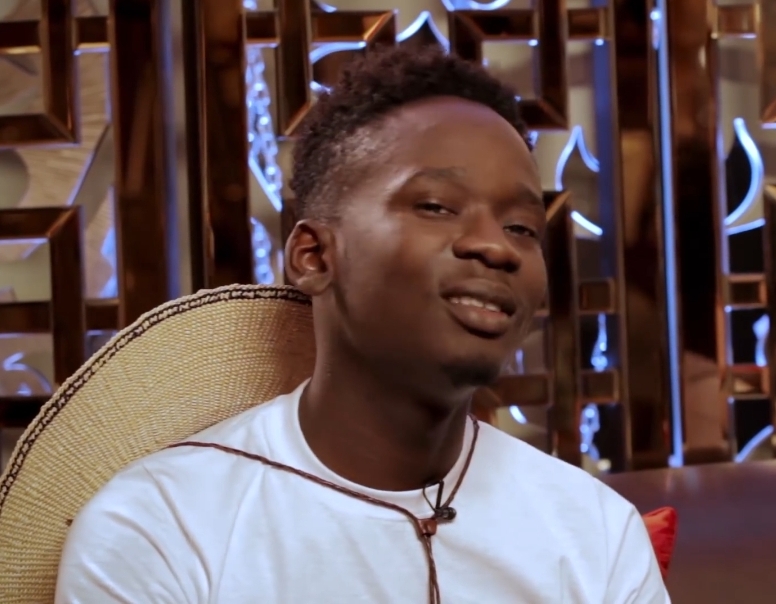
Mr Eazi is one of Nigeria’s biggest independent success stories. Initially, no record label wanted to sign him. Instead of quitting, he built his own empire by blending Ghanaian highlife with Nigerian Afropop, creating a unique style he called Banku Music.
He strategically released tracks like “Skin Tight” and “Hollup,” which gained massive traction on streaming platforms. Mr Eazi also leveraged social media and university circuits in Ghana and Nigeria to grow his audience.
More importantly, he built emPawa Africa, a funding and mentorship program for emerging African artists. This move didn’t just grow his influence but also cemented his place as a business-minded musician. To this day, Mr Eazi has no major record label deal; he remains fiercely independent.
Lesson: You don’t need mainstream approval to succeed. Find your niche, dominate it, and expand.
3. Tems — From DIY beginnings to Grammy Recognition
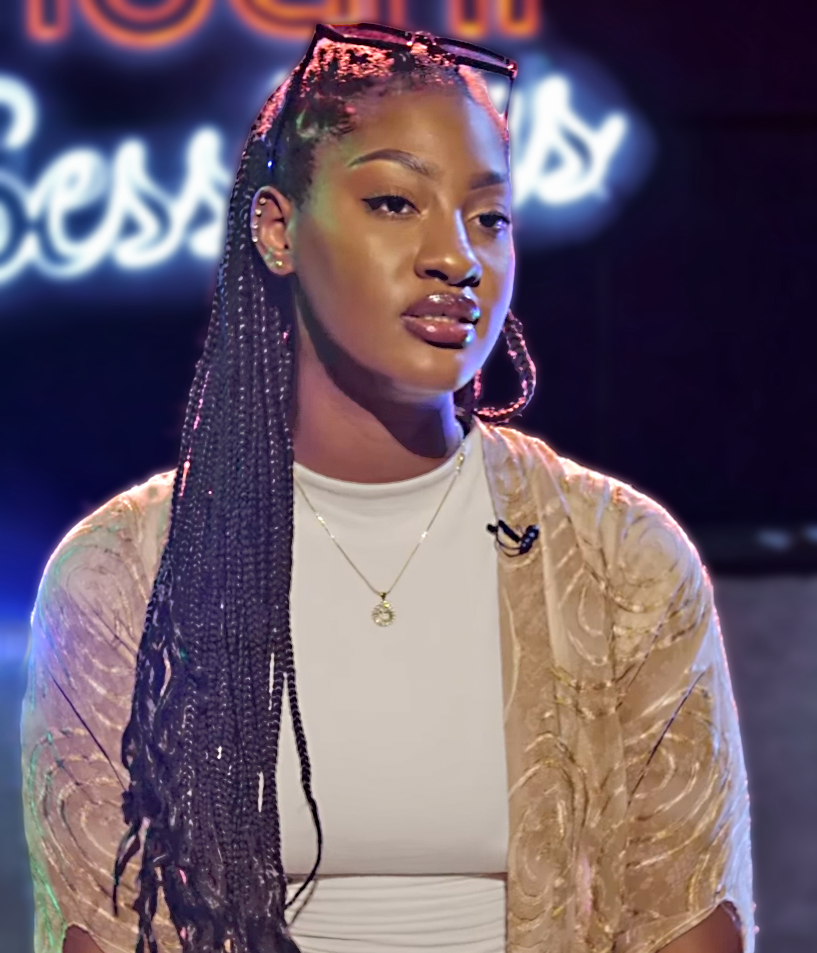
Before signing any distribution partnerships, Tems was a completely independent artist. She wrote, produced, and recorded her breakout single “Mr Rebel” in 2018 without the support of a label. Her follow-up, “Try Me,” went viral and made her a household name.
Tems’ rise shows how talent combined with strategic use of the internet can create a career without industry backing. She built her own fanbase, known as the “Rebel Gang,” and her authenticity attracted international collaborations, including her Grammy-winning feature on Wizkid’s “Essence” and Drake’s “Fountains.”
Even as she gained global attention, Tems maintained her independence, only later entering into distribution deals that gave her global reach without giving up ownership.
Lesson: A strong brand identity and authenticity can set you apart in a crowded industry.
4. Zlatan Ibile — From Street Anthem to Mainstream
Zlatan Ibile, known for his street-hop style and the popularization of the Zanku dance, first caught attention with his 2017 single “My Body” featuring Olamide. At the time, Zlatan wasn’t signed to any major record label. He independently pushed his music, performing at local shows and connecting with street audiences.
His breakthrough came with the massive street anthem “Zanku (Leg Work)”, which spread virally without a label’s backing. He later founded Zanku Records, creating his own platform to support upcoming artists.
Lesson: Building a loyal grassroots following can often be more powerful than chasing mainstream attention.
5. Portable — The Controversial Street Sensation
Love him or hate him, Portable (Habeeb Okikiola) is one of Nigeria’s most talked-about independent artists. He burst into the spotlight in late 2021 with “Zazoo Zeh” featuring Olamide and Poco Lee. At the time, Portable had no record label, just raw energy and a knack for staying viral through social media antics.
Though his career has been filled with controversies, Portable represents how street talent can bypass traditional industry structures and use social media noise to stay relevant. He later launched Zeh Nation, his independent platform.
Lesson: Virality and personality can sometimes substitute for structured promotion — though sustainability requires discipline.
6. Bella Shmurda — Dangbana Republik and Independence
Bella Shmurda came into the limelight with his hit single “Vision 2020” in 2019. At first, no major label backed him. He built his career with the help of small collaborations and later released more successful tracks like “Cash App.”
Instead of signing to a big label, Bella chose independence by creating Dangbana Republik, his own movement and label. This allowed him to grow his career while staying true to his identity.
Lesson: Owning your sound and movement creates long-term value beyond just hit singles.
7. Brymo — The Maverick of Alternative Sound
Brymo is widely respected for his deep, poetic music that doesn’t conform to mainstream Afrobeats. After leaving Chocolate City in 2013 due to disputes, he became fully independent, releasing multiple albums on his own terms.
Despite lacking major label backing, Brymo has consistently sold out concerts and built a niche fanbase that values his artistry. He proves that success isn’t always about mass appeal — sometimes it’s about creating timeless art for a loyal community.
Lesson: Independence gives you the freedom to prioritize art over commercial trends.
ALSO READ : Fresh photos from Mr Eazi and Temi Otedola’s Iceland wedding
Challenges of Going Independent
While these artists show that independence is possible, the road is not easy. Independent musicians often face challenges such as:
- Funding: Recording, videos, and promotion require money. Without a label, artists must self-finance or find investors.
- Distribution: Labels usually have connections with radio, TV, and streaming platforms. Independent artists must hustle to get their songs heard.
- Promotion: Marketing requires networks and resources; going viral isn’t always guaranteed.
- Sustainability: Some independent artists struggle to stay relevant without the structure and discipline labels provide.
How Independent Artists Win
Despite these challenges, independent Nigerian musicians succeed by leveraging:
- Social media virality — TikTok, Instagram, and Twitter are powerful free promotion tools.
- Streaming platforms — Global reach without middlemen.
- Collaborations — Partnering with established artists opens new doors.
- Personal branding — Strong identity and authenticity attract loyal fans.
- Owning their masters — Independent artists often keep full rights, leading to higher long-term profits.
Final Thoughts
The Nigerian music industry is no longer dominated only by labels. Independent artists like Burna Boy, Mr Eazi, Tems, Zlatan, Portable, Bella Shmurda, and Brymo have proven that you can make it big without the traditional label route. With the right mix of talent, strategy, and resilience, independent musicians can thrive — and even outperform label-backed stars.
Their stories are a reminder that in today’s digital age, the real power lies in creativity, consistency, and connecting directly with fans.

